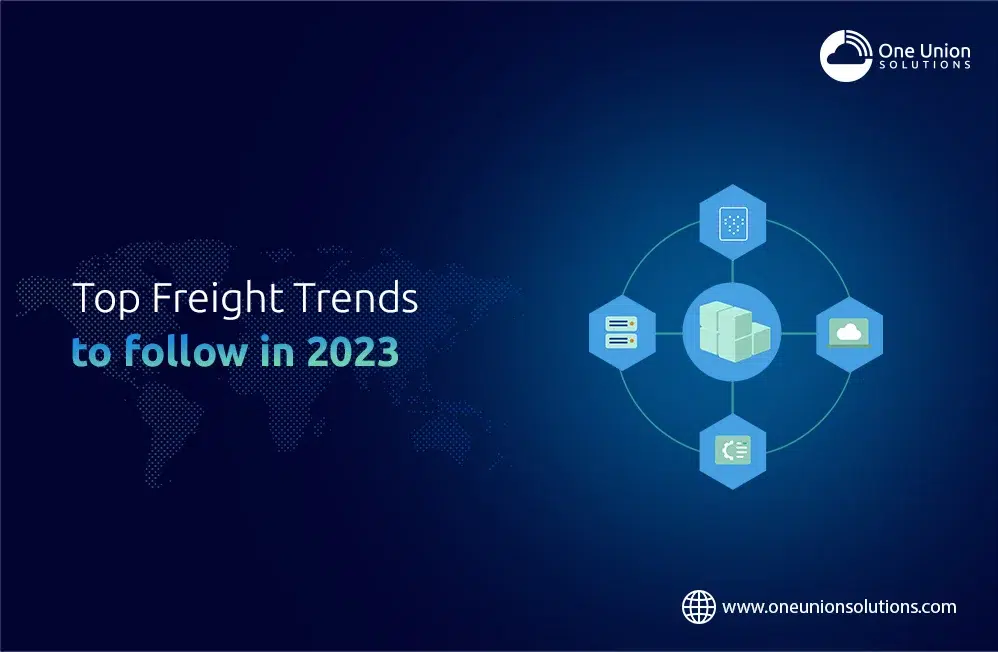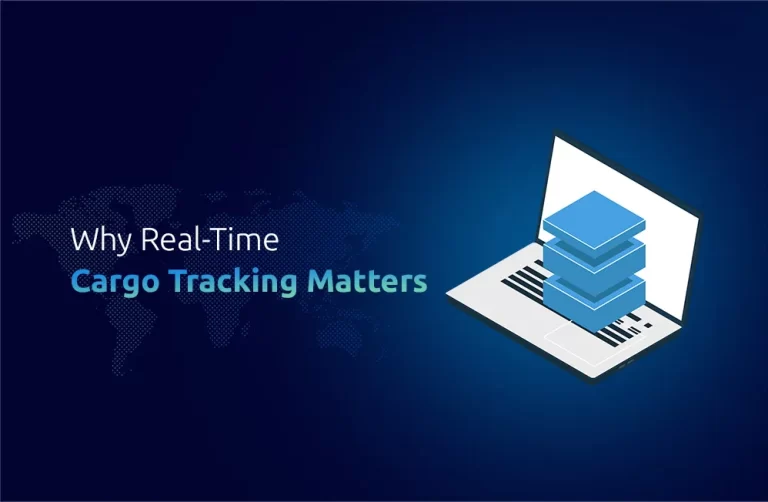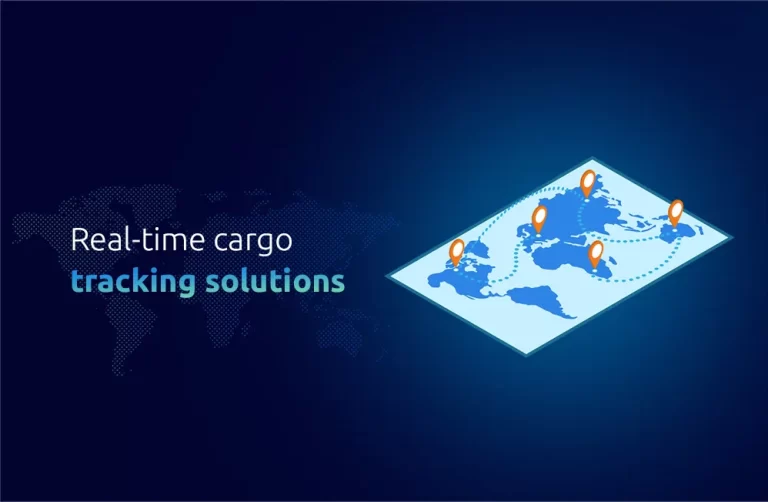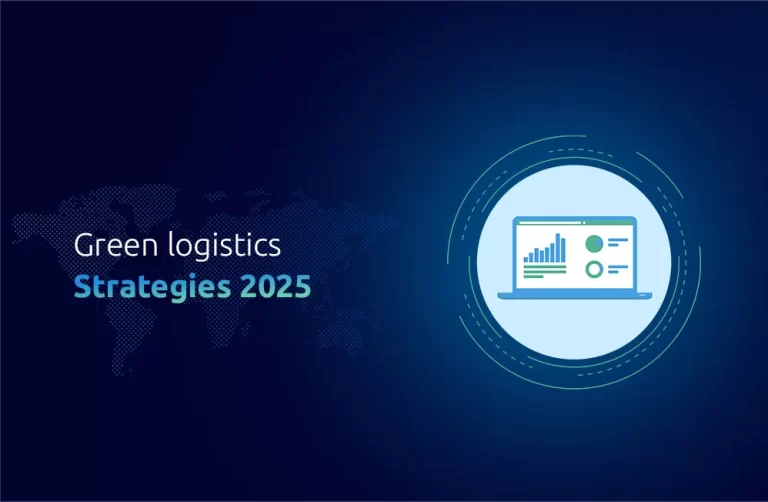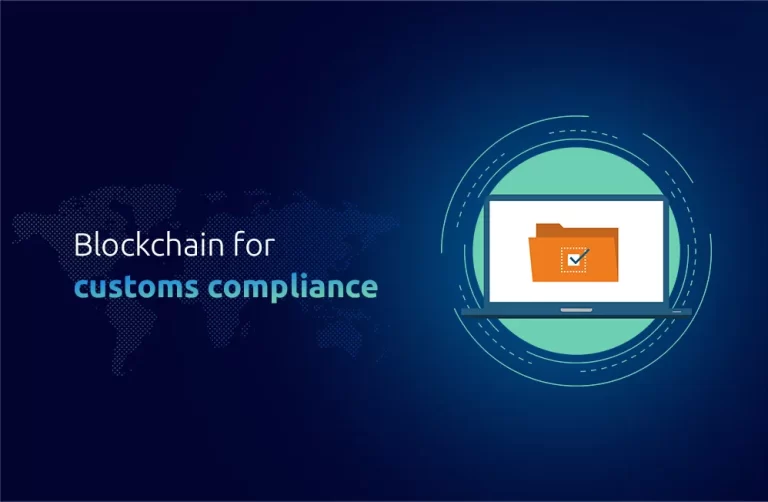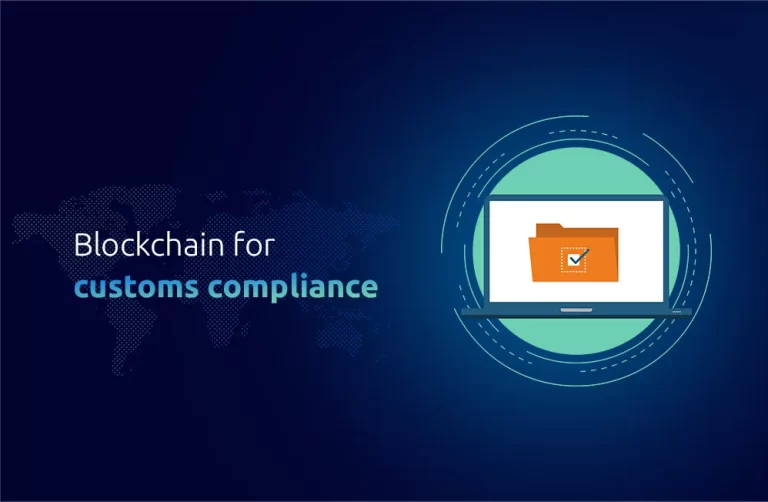As we fast-forward to the exciting world of logistics in 2023, it’s time to step inside the freight forwarding industry! get ready to witness innovative technology, impressive developments, and eco-friendly revolutions, that transform the fundamental foundation of how companies transport goods across the world. Welcome to a new era of the freight industry.
If we look back into the past three years, events from the COVID-19 pandemic to the Suez Canal blockage and the Russia-Ukraine war( still in 2023 the war affect going on) these events have created a huge impact in the world of global trade and supply chain operation. So it is important to this forwarding industry to unlock the door to a world where innovation and adaptability is the key to thriving amidst change.
In this blog One Union Solutions will explore the top trends in this industry amid unpredictability and uncertainty.
What We Can Expect from 2023
This year so far is indeed a transformative year from technological advancements to sustainability practice. Numerous sectors are expected to go through various revolutionary changes this year. In this digital era, where connectivity and network are continuously surging, we are already seeing an addition of 5G technology which is faster and more reliable connectivity as VR(Virtual Reality) and AR(Augmented Reality) will expand industries such as education, and gaming. Well, this year is also turning towards sustainable practices, so we can see the increasing demand for renewable energy production, the usage of electric vehicles, and industries focusing on reducing carbon emissions.
Furthermore, the Freight industry also saw a transformation in terms of technology advancements, data-driven solutions, automation, The Internet of Things(IoT), and blockchain technology which improve this industry to optimize routes, and real-time tracking, not only freight but also Importer of Record (IOR Service) found these advancements, trends beneficial which optimize overall efficiency.
Here are the Top Freight Forwarding Trends to look for
Technological Integration
In 2023 technology advancements are one of the top trends in the freight forwarding industry.
This industry focuses on reshaping logistic operations. That means if logistic operations will be smooth then supply chain operations will be transformed. Data analytics, and machine learning technology will drive innovation and improve several aspects of this service. Machine learning algorithms help this industry to optimize operations in real-time because this technology can learn from a mass amount of data and help businesses to understand continuously changing market analytics which improves this service’s ability to fulfill consumer requirements.
In supply chain operations Big Data Analytics plays a significant role and in this service supply chain operation is an important factor. With Big Data Analytics freight forwarding services can access real-time data which helps them to develop warehouse inventory management. As a result, this service can make informed decisions with the help of Big Data Analytics so decision-making will be easy they can also make data-driven decisions.
Also, the Internet of Things is a very important technical advancement in this industry because connectivity is a major focus area in this service and this IoT advancement helps this service not only in connectivity but also in data collection. This service uses this IoT technology as a device sensor on vehicles, warehouses, and shipments so it helps them to track the movement of shipments and they can also monitor the shipments.
By utilizing the power of Big Data Analytics, IoT, and Machine learning this service can stay ahead of the competitive market.
Sustainable Logistics
Sustainable logistic practice is an important trend in freight services this year. As businesses know if they indulge in decreasing carbon footprint methods then their businesses will become reputable and get more attention from visitors increasing their reach in global trade people also build trust for their business because they have environmental concerns so practicing sustainable logistics is a great environmental initiative in the supply chain procedure.
Renewable energy production technologies and alternative fuel usage are of important criteria of sustainable logistics practice so freight forwarding companies are using electric vehicles and also utilizing renewable energy resources for warehouse powering. This shift in this industry reducing carbon emissions additionally also optimizes the supply chain by consolidating shipments and lower fuel consumption because they can optimize faster routes so overall these practices emphasize eco-friendly initiatives.
Autonomous Freight Transport
Autonomous freight transport streamlines logistic operations as well as offers so many benefits. First, we will clear the concept of autonomous transport so self-driving trucks, and autonomous cargo ships, are introduced in freight forwarding service to reduce human error, improve efficiency and enhance road safety, and fuel consumption which result in cost savings and fast delivery of goods.
As self-driven trucks are equipped with advanced technology and advanced sensors so they can improve transportation safety protocols and reduce fuel consumption overall to help quick delivery service of goods. The delivery drones also streamline last-mile logistics, with delivery drones this service can reach their deliveries in remote locations so which improves accessibility and this drone can avoid traffic-congested areas so that they are able to reach deliveries on time for their swiftness and agility. Also, cargo ships improve this service by making more space in cargo capacity and energy consumption. These automated cargo ships can navigate goods transporting routes in ocean freight by using advanced navigation systems which decrease the risk of marine accidents.
Also, blockchain technology will become an important trend in the freight industry as in logistic operations it enhances transparency and security. This blockchain technology will transform traditional tracking, payment process, and documentation process in this industry.
With the use of blockchain this service can record shipment data as in supply chain operation visibility and track down is an evident problem and this blockchain technology make this process easier also in the freight industry payment process also considered to be a complicated process but use of blockchain make the payment process easier leading to a faster and more efficient transaction.
Conclusion
As One Union Solutions concludes this article on top freight trends of 2023, it becomes evident that technology integration, sustainable practices, blockchain technology, and autonomous freight transport are important trends that reshape the freight forwarding industry.
So get ready with One Union Solutions to unlock the opportunities of innovative freight trends, and our expert freight forwarding service will help you to seamlessly import-export of IT and telecom equipment and empower global trade and logistic operation of your tech, aviation, medical, and IT industries business.
FAQs
1. What is the Role of Technology in the freight industry?
The role of technology in the freight industry is evolving as it accelerates throughout the supply chain. From advanced automation and the Internet of Things(IoT) to artificial intelligence, and big data analytics, technology transforms complex logistic operations. In fact, technology made a complex process into a smooth and faster process. For this reason, this industry can avoid the delay problem of goods transportation. Data analytics improve transportation route planning processes as well as optimize cost and enhance customer satisfaction. The IoT streamlines real-time tracking which helps in shipment monitoring and enhances transparency in the supply chain. Technology is important for this industry to stay competitive and responsive in an emerging logistics landscape.
2. What obstacles must the freight sector overcome in order to deploy autonomous freight transport?
Autonomous freight transport one way can transform the freight industry but this industry also faces challenges in adopting autonomous transport. If automated transport took place in this industry then the manual workforce will decrease. That means if this industry fully adopts autonomous transport then there will be a big shift in the job sector as well as the labour sector. For this reason, this industry needs planning and various initiatives. People’s opinions and reliability is a major concerns for adopting autonomous transport, so clear communication to understand people about its usage and pros and comprehensive testing of vehicles for benefits and safety measures are solutions for difficulties in adopting autonomous transport in this industry.
3. How does sustainable logistics impact the freight forwarding industry?
Practicing sustainable logistics in the freight forwarding company is not only important for reducing carbon footprint but also by practicing sustainable logistics this industry can set them aside for competitiveness and producing a more sustainable future. By practicing sustainable logistics this industry can optimize route transportation for this reason, high transportation of goods cost also lowering, and also companies can present themselves as environmental concern and improve the company’s image and reputation across the global trade market. Additionally, sustainable logistics improved efficiency in renewable energy consumption and streamlined operations. By utilizing electric vehicles, and alternative fuels this industry considerably reduces carbon footprint.
4. What can businesses do in 2023, when the freight landscape is evolving so quickly?
In 2023, businesses must practice adaptability and flexibility to cope up with the rapidly changing freight forwarding industry. So at first, where freight companies are evolving at a fast pace then the business should adapt technology which includes AI, and IoT to streamline operations. To improve visibility, businesses should also invest in autonomous solutions like self-driving trucks, autonomous cargo ships, and delivery drones to optimize efficiency and faster deliveries. Businesses should also focus on collaboration and partnerships and stakeholders because partnerships play an important role in improving operational efficiency and business stock in business so establishing partnerships with suppliers and logistic partners improves business operation and competitiveness in the market. Also, businesses should be well aware of the changing landscape of this industry because this industry changes their regulation from time to time.
5. How blockchain technology is helping the freight industry?
Blockchain technology provides many benefits to the freight industry. Blockchain technology in this industry will attract stakeholders, minimize the risk of fraudulent activity, and streamline operations. Also, this industry is getting transparency and security with this technology because transparency and security are major concerns in this industry. Using blockchain integration improves supply chain visibility and makes the payment process easier with accuracy; this results in reducing physical paperwork and payment processing time. Also, this technology can record due payments, and payment deadlines due to this reason, this industry can avoid due charges, penalties and impact overall cost savings.

